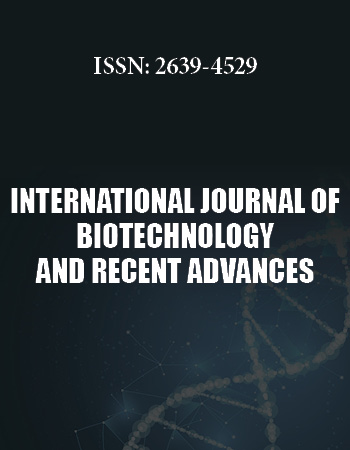European Microbiology Research Conference
December 3-4, 2018 Valencia, Spain
Can Vitis vinifera Extracts affect the Production of Signal Molecule Involved in Lipid Biosynthesis and Biofilm Formation in Candida Genus?
The aim of this work was to monitor the production of signal molecules in C. albicans during the biofilm formation and study the possible modulation of these processes by addition of anti-virulent agents. Among the compounds, which could be used as anti-virulent agents and whose mechanism of action involves promotion of farnesol biosynthesis and inhibition of the hyphal growth and biofilm formation belongs to some phenols contained in extracts from Vitis vinifera. We compared the effects of these biologically active substances (e.g. resveratrol, quercetin) with the effect of the crude extract. Quercetin is capable to induce extracellular farnesol production and in strain C. albicans ATCC 2091, we observed a suppression of hypha formation at a concentration 50 mg/l. However, a more complex anti-biofilm effect at lower concentrations was achieved by using a complex mixture of biologically active substances contained in extracts.
Biography:
Martina Paldrychova is PhD candidate at the Department of Biotechnology at UCT Prague. Martina studying microbial biofilms of opportunistically pathogenic microorganisms, intercellular communication of gram-negative bacteria and yeasts and anti-virulent therapy. Martina Paldrychova dissertation is called Modulation of the quorum sensing system in relation to biofilm formation.


